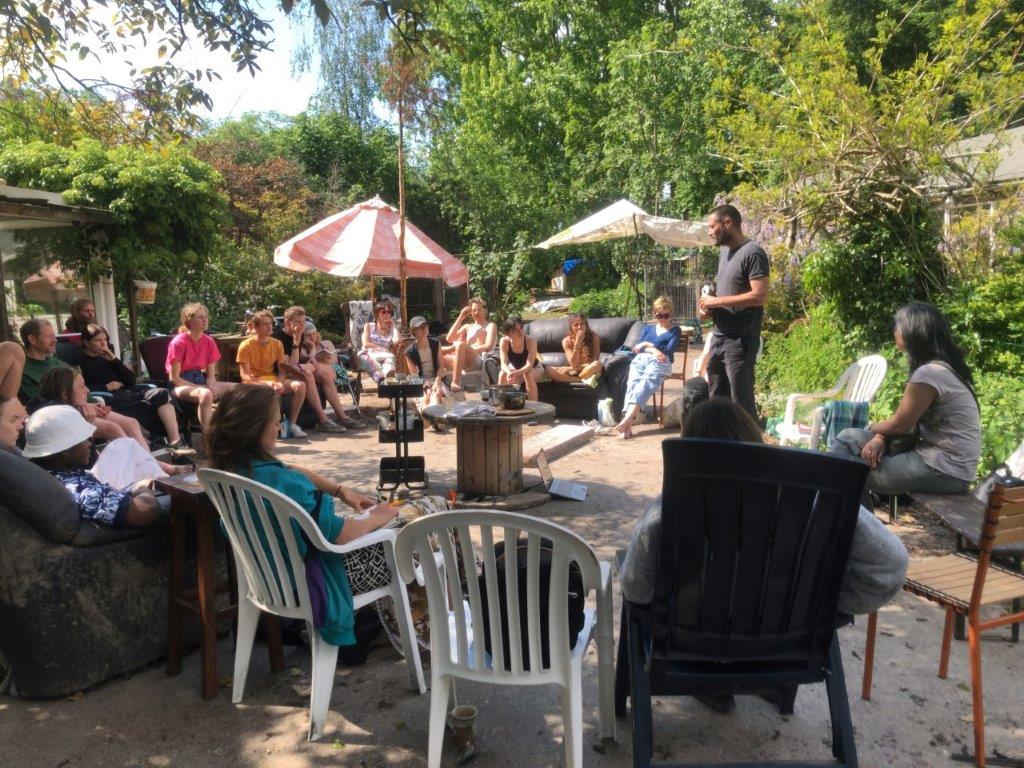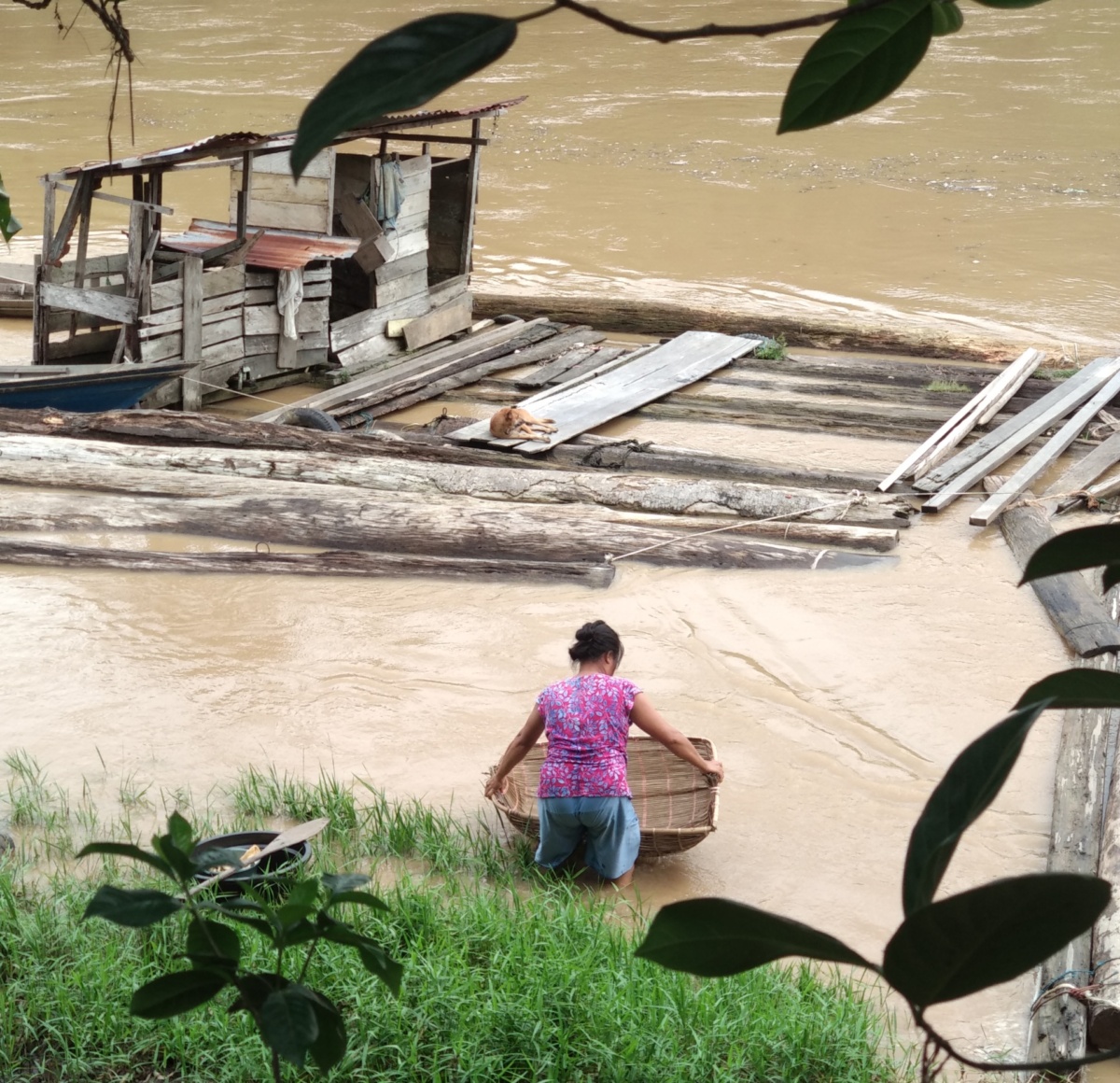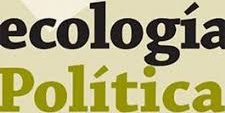On the last day of May, blessed by the weather, WEGO mentor Chizu Sato and I, Nanako Nakamura, visited a farmhouse surrounded by woods and bush in the middle of fields on the outskirts of Eindhoven to discuss the role of surplus in community building and a transformative potential of commoning with a group of food design students from the Design Academy Eindhoven. We were invited by Arne Hendriks, who is an artist, researcher, and founder of the Harahachibu-University. When we got there, the seminar turned out to be in the open air, chickens and dogs running around. Some of the students are living the house and around the area, forming an inspiring permaculture community with their neighbors. Since the outbreak of COVID-19, they opened the farmhouse for collective learning to design food and imagine life in different ways.
The seminar started with eating home-made soup. It was made of ingredients, such as vegetables, fruits, and herbs, brought by students. These ingredients are surplus from their own households and cooking and eating together support the production and reproduction of a food commons. Chizu talked about surplus production, appropriation and distribution in the modern economy and how they are organized differently in capitalist and non-capitalist class processes. The discussions went into prevailing capitalist narratives in relation to planetary boundaries, gendered social relations, social justice, populism, media ethics, all of which influence our consumption choices and decisions in our everyday lives. Commons and its transformative process of commoning were also brought into the discussion as important frameworks to describe the creation of more sustainable and healthy communities.
As an example of commoning, I introduced a case from my research about women’s buckwheat (soba) cultivation on unused rice fields in rural Japan. Due to the political encouragement for rice supply reduction since the 1960s, rice cultivation has been remarkably declined in many rural areas. As a result, increased numbers of unused and abandoned spaces have raised concerns about deteriorating agroecosystem, biodiversity, and rural landscapes. In my case study, these dormant rice fields were utilized by the local women’s for buckwheat cultivation, to make locally produced soba noodles as means of rural revitalization and multi-species survival. This soba commoning demonstrates how these women are interacting with other community members, state actors, consumers, and non-human earth others, e.g., soba plants, rice, fields, surrounding environment, to live well in rural aging and depopulating context. Also, it highlights the process of making a socio-ecologically sustainable community, where physical and emotional struggles are entangled, and challenges are emerging from social, economic, political, climatic, gendered aspects of rural communities.
The seminar closed after sharing insights and challenges, such as finance, shared/unshared ideologies, and harmonization among community members even though we did not come to any conclusion. Sharing my case study and exchanging thoughts was a wonderful experience for me in these difficult times.
Post-credits scene: When we were about to leave, one student came to me and asked me a question whether I have watched Tampopo, the Japanese film. According to her, my talk reminded her of the film. Yes, it is perhaps comparable to my soba case because it depicts relational processes revolving around Ramen noodles in a constellation of relationships, conflicts, emotions of differences with unique human and non-human characters.






